INTERVIEW WITH EVA-LUNA GARCÍA-MAURIÑO
You used to be a circus artist and you are now the Coordinator of MADPAC in Madrid – Asociación de Profesionales de circo de Madrid - two busy and demanding work experiences. Have you been exposed to stress in the past 12 months and if so, how did you deal with it?
Working in culture and the performing arts means assuming that stress is part of your profession, we face what the Spanish writer Remedios Zafra calls 'working lives' and I believe that everyone, whether you are an artist or a cultural manager, has a moment of crisis when we question our professional career and its demands.
Living with stress is very common nowadays, it is like our invisible companion wherever we go. We are so used to living with it that we do not realize how harmful it can be to our health. We plunge into a wheel of commitments, obligations, self-demands, tasks that we put before our own well-being, jobs that we accept for fear of dry periods, incessant phone calls, urgent emails that pile up in the inbox and an increasingly demanding digital world. We become a kind of one-man and one-woman band, capable of single-handedly carrying out the work that 10 people would do under optimal conditions.
For me, the pandemic highlighted the need to breathe in all senses, to emphasize that sometimes you are not more productive the more hours you work. Today, knowing how to stop and breathe seems to me to be one of the most subversive acts possible, an act of rebellion.
My first step was to recognize the overload and to stop self-deception. Passion for our work induces us to justify the absence of rest and not to be able to identify it. On the other hand, many times the rhythm is set by our environment, but our collective task is to avoid the traps of hyperproductivity, which sometimes drag us and even make us drag those around us, it is a chain mechanism. One day I thought, what happens if I stop, what happens if I face the initial emptiness? Learning to set limits and setting them for myself in the deconstruction of the superheroine I thought I was, has been the titanic effort I have faced in my personal struggle against stress in the last 12 months.
Once I overcame that abyss where the guilt of not being productive appeared, the next step was to realize that, in that rhythm, I had forgotten what it was to have free time. To deal with the stress I found a refuge in meditation and promised myself not to be my last priority of the day. Learning to do nothing and deciding what to do with my time is not easy for those of us who are used not to waste a minute of the day, but in this search for tools to combat stress it has been a real discovery.
After the lockdown, avoiding overload has once again been a challenge. However, every day I try to be aware of when I speed up again and carve out some time for myself that is a 'reward'. It's about finding moments of self-care that are part of the armor we put on to be able to dedicate ourselves to this profession without dying along the way.
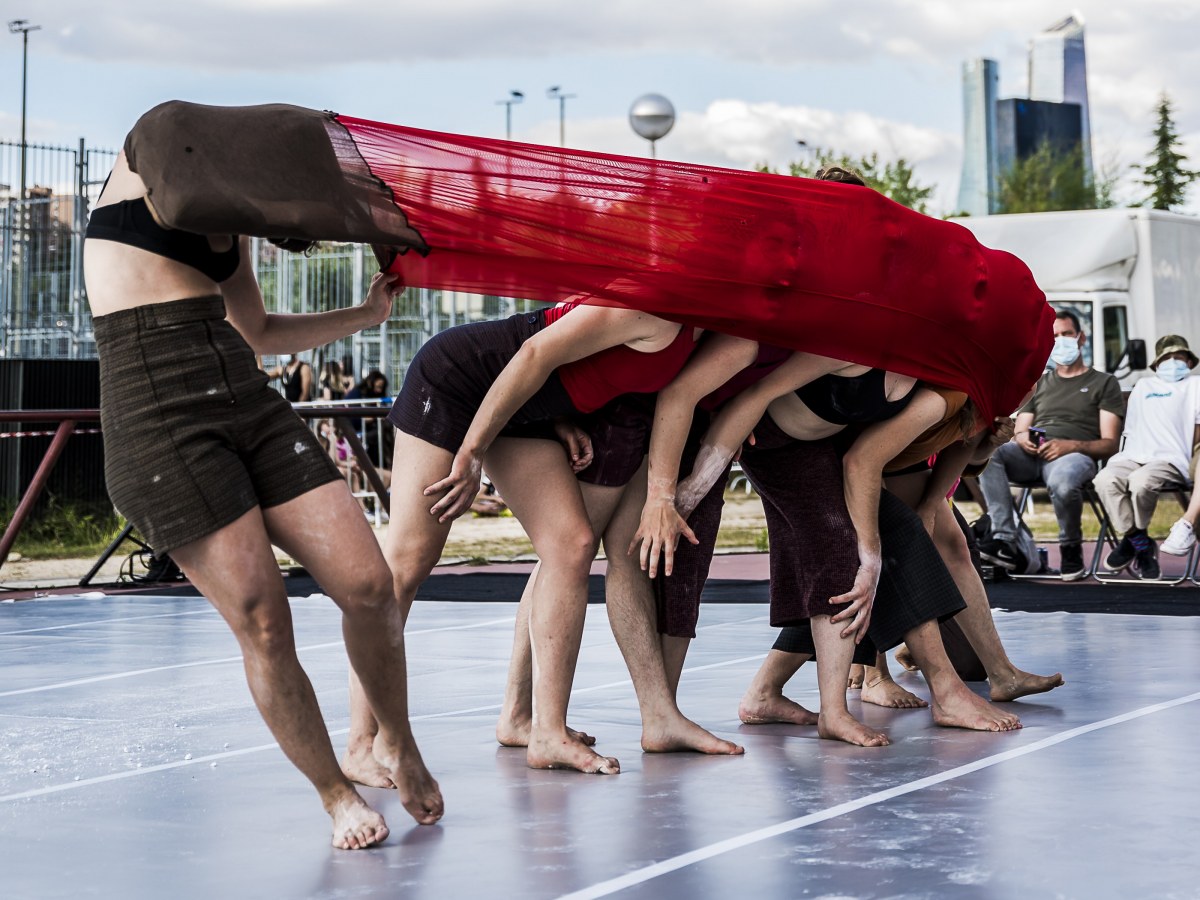
Artist are often put under a lot of pressure - especially their bodies - to perform and tour in national and international festivals. Would you say it impacted your creativity? If so, how?
Absolutely yes. One day talking to a fellow artist she told me how office work and touring were taking over her creative work, how facing a new creation meant she was facing more and more blocks. It was a real relief to realize that this was not something I was going through alone. I started to research on this topic and I understood that there were different parts of the brain operating in what I have called 'executive mind' and creative mind, each one requires different times and rhythms, creative work cannot be governed by pragmatism, it is more ethereal, it is expansion and breadth, it involves connecting with playing and risk in its broad sense; while the executive or management work requires different synapses in our brain and must be rooted in the ground to work, understanding this has been fundamental for me.
I have noticed this even more since I combine cultural management with the artistic work of directing or external eye of companies. After several weeks without a break dealing with project management, logistics or production, I landed in an artistic residency with a company and the ease with which I previously approached the creative work sometimes suffered, it took my brain a few hours to abandon that bureaucratic and pragmatic self and enter the artist self.
If stress is inherent to the performing arts field, what could be done to improve the conditions/well being of artists and professionals at large?
Opening spaces where we can share, reflect and find common tools to help us address this current problem is a small step forward on the road to improving our conditions. I believe it is important to stop normalizing stress, to stop over-demanding ourselves and to find a better balance between our professional and personal lives. It is a collective task to respect moments of rest and explore the deceleration of work rhythms so that the quality of our projects and our health does not suffer.
On the other hand, I think it would be a good thing if public administrations were to develop strategic plans so that the sector can organize itself with wider time and coverage margins. It would help the sector to have enough time to be able to develop projects with less stress, if the calls for proposals were at least biennial.
We need a change of model and mentality that focuses on collective care over exploitation, hierarchies and productivity. Without pauses, deep reflection processes cannot take place.
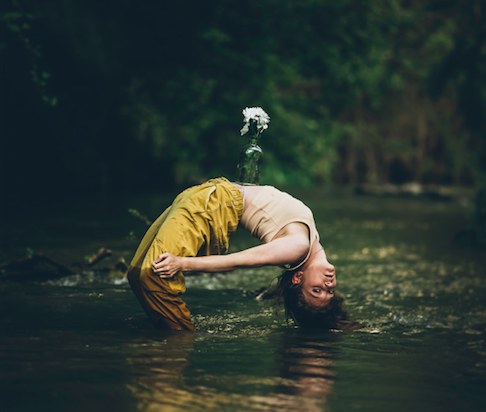
Now that you are no longer working as an artist, how do you cope with the stress of your collaborators?
As an artist, more than once I found myself in situations of carelessness that affected the good execution of my work and subjected me to greater stress, such as the space not having what was agreed upon in the rider or bureaucratic demands that are not always easy to manage for artists. In the same way, artists sometimes don't realize the difficulties that exist beyond the stage. It is fortunate to have experienced both sides, with their particularities, to be able to understand, empathize and provide optimal working conditions. Now that I work in cultural management, I pay a lot of attention to details so that artists feel cared for and can work in good conditions. For me, closeness, planning, communication and horizontality are key to creating a positive environment.
Listening to colleagues and empathizing with their needs is not far from the listening that takes place on stage to avoid an accident. It's about finding a balance between everyone and valuing the work done by all the people involved in a project.
In general, I tend to work horizontally, so that supporting each other and knowing how to handle moments of tension is not difficult, because for me, non-hierarchical structures generate less stress.
What are your main takeaways from the CS LAB experience?
I found it very interesting to be able to talk about our mental state without approaching it from the stigmatization perspective.
From Vida Skreb's talk, I highlighted the importance of incorporating some practical exercise into our daily lives so that we don't maintain stress for a prolonged period of time. Especially interesting was her statement that we can train our brain to take it to healthier places.
Also, I found Hugo Cruz's presentation and his approach to care at the center of his practices enlightening.
CS LAB #6 was a breath of air in the maelstrom of the last few months because it provided tools, pauses and reflections to face the current reality.
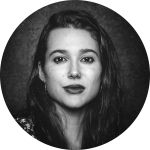
Eva Luna García-Mauriño is a former circus artist, researcher, cultural manager, philologist and artistic director. She is currently the general coordinator of MADPAC - Madrid Association of Circus Professionals -, co-director of PDCirco and the MADN Circus Festival. She is a member of the internationalization commission of CircoRed and works actively for the recognition of circus in Spain.



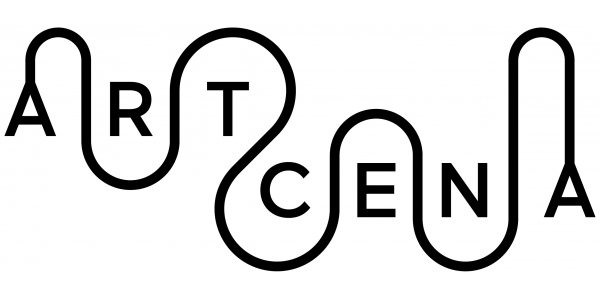

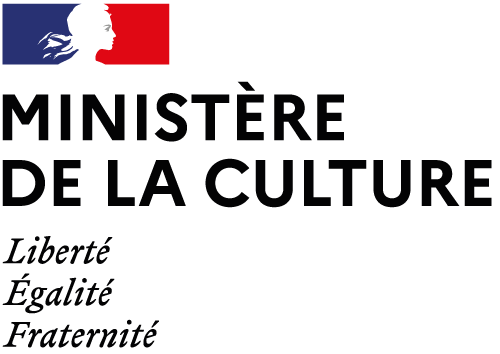
write us: infocircostrada@artcena.fr